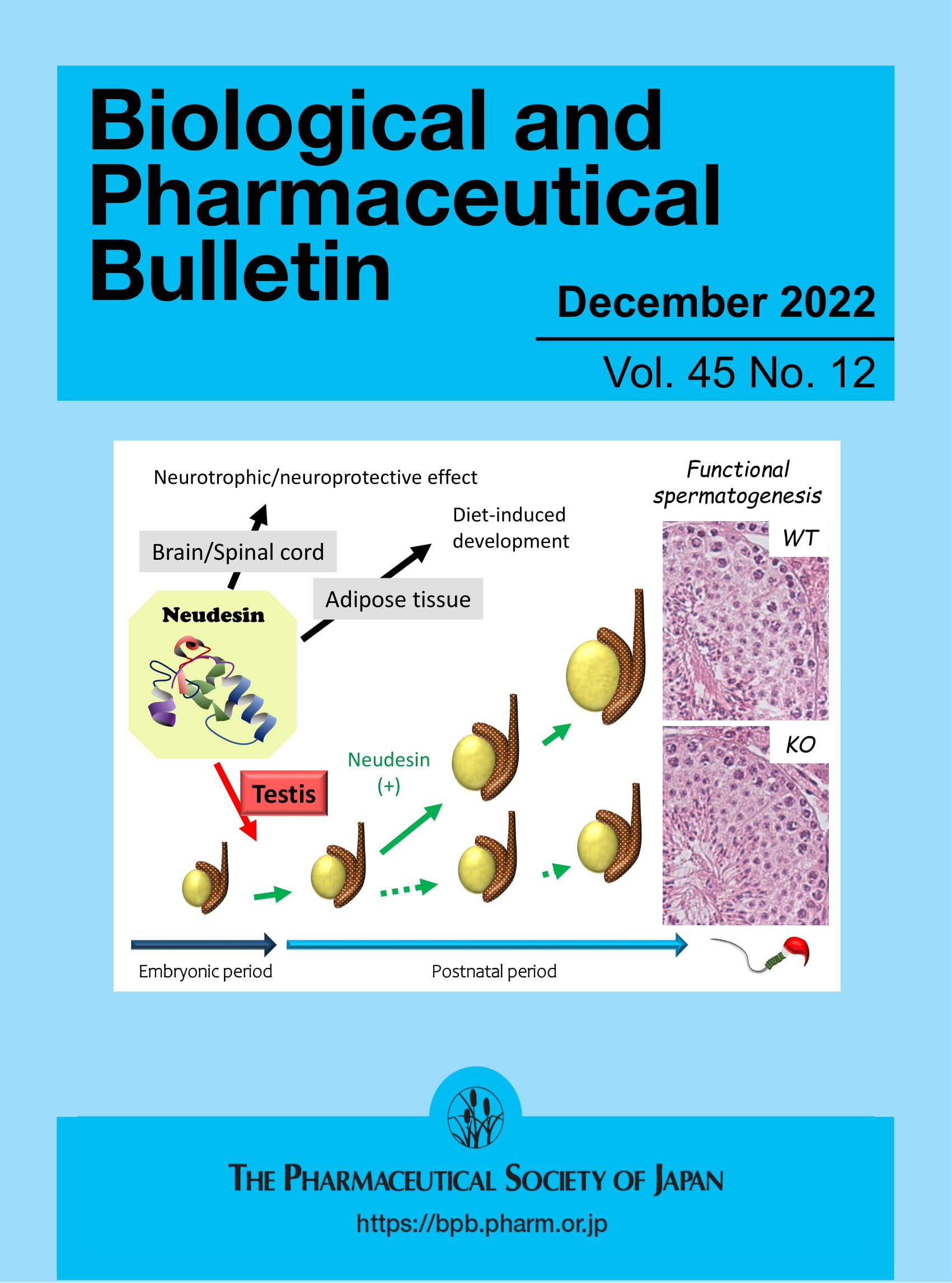Quantitation and human monocyte cytotoxicity of the polymerization agent 1-hydroxycyclohexyl phenyl ketone (Irgacure 184) from three brands of aqueous injection solution.
Abstract
In this study, levels of the photoinitiator 1-hydroxycyclohexyl phenyl ketone (1-HCHPK) in aqueous injection solutions were analyzed by GC-MS. In our previous studies, photoinitiators such as 2-methyl-4'-(methylthio)-2-morpholinopropiophenone (MTMP) were detected in intravenous (i.v.) injection bag solution, and they were found to be cytotoxic to human monocytes. Therefore, we hypothesized that 1-HCHPK might display similarly cytotoxicity. The purpose of this study was to quantitate the amount of contaminants from plastic containers such as those used for peripheral parenteral nutrition and to determine the cytotoxicity of such extracts on human monocytes. The sample extraction procedure for GC-MS analysis involved a liquid-phase extraction. The solvent was evaporated under a stream of nitrogen at 50°C to yield a residue, which was dissolved in n-hexane and injected into a GC-MS. Normal human peripheral blood mononuclear cells (PBMC), isolated from the buffy coat by centrifugation, were suspended in RPMI 1640 medium supplemented with 10% (v/v) heat-inactivated fetal calf serum. In the 3-(4,5-dimethylthiazol-2-yl)-2,5-diphenyltetrazolium bromide (MTT) cell viability assay, cells (1×10(4)) were treated with 1-HCHPK for 24 h or 48 h at 37°C. From the GC-MS analysis, 6.13-8.32 μg/mL of 1-HCHPK was found in 20 mL vials of water for injection solution. In the MTT assay, 1-HCHPK decreased cell viability for both the 24 h and 48 h incubation periods. In conclusion, our findings suggest that 1-HCHPK could promote adverse events in patients. Future studies will clarify the possible health risks of photoinitiator accumulation in human cells.





